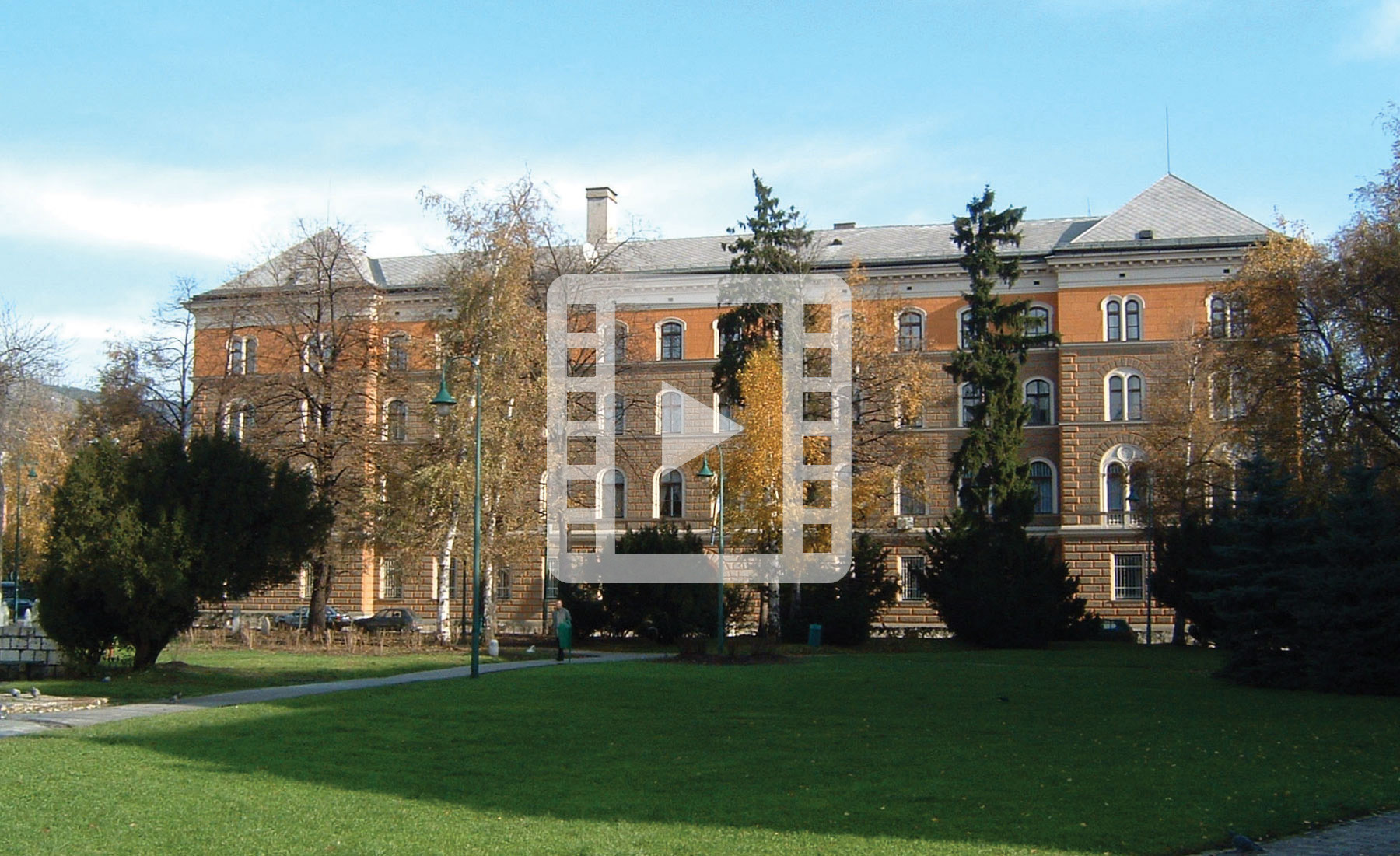We again bear witness to increasingly excessive and tendentious attacks on the Constitutional Court of Bosnia and Herzegovina. Now the attempt is to turn citizens as taxpayers against the Constitutional Court for the purposes of the election campaign.
Some politicians that are well paid (and also funded by citizens as taxpayers) use a bit of truth about the compensations received by the international judges for their work to tell untruths about the scope and type of those compensations. In addition, they do not speak the truth when they say that the term of office of the international judges must end. They do all that to again win votes from citizens at the upcoming elections. In doing so, they tailor a Report on the Financial Audit of the Constitutional Court of BiH for the year 2023 to their political needs. By way of example, they said that the Audit Office of the Institutions of BiH indicated “when combing through the reports on the work of the Constitutional Court of BiH in the past year, the Office also commented on the Court’s inactivity“.
However, the Constitutional Court recalls that the Audit Office said the following: “Due to the end of term of office of two judges elected by the Entity Parliaments, it was not possible to hold Grand Chamber sessions; the Grand Chamber is composed of national judges and, as a rule, decides on a majority of cases. For this reason, cases were discussed at plenary sessions that are also attended by international judges. According to the Annual Statistical Report on the Work of the Constitutional Court of BiH for the year 2023, this manner of work had a major impact on the work of the Constitutional Court in terms of rate of adoption of decisions. This resulted in a significant decrease in the number of decided cases as compared to the previous period (4,151 cases were decided in 2022, while 1,510 cases were decided in 2023).”
The cited portion of the audit report, in fact, revealed the cause for the reduced number of decided cases, attributing the cause to the fact that the Entity Parliaments have failed to elect the judges to the Constitutional Court.
Therefore, the failure on the part of the Entity Parliaments to elect the judges – with the Entities having a constitutional obligation to elect judges in due time – is the underlying and only cause of decrease in the number of decided appeals. The Constitutional Court does not hide this and has been repeating persistently that the consequence of the failure to elect the judges is that but a third of the received appeals can be decided. Namely, the citizens believe in the Constitutional Court providing justice and lodge appeals on a daily basis. In this year alone 3,938 appeals have been lodged, of which 560 were lodged in July. To this day, 100,289 citizens sought justice to be served by the Constitutional Court and the Court adopted decisions on 90,300 appeals. The remaining 10,000 citizens and the Constitutional Court remain at the mercy of the Entity Parliaments to elect the judges. In the meantime, the Constitutional Court is doing everything in its power to decide as many appeals as possible, deciding 1,985 cases in this year. While this is slightly more than one third of the appeals lodged in this year, it is proof that the Constitutional Court is making a maximum effort, in tilting at windmills, to exercise its role and serve the citizens.
Therefore, in the opinion of the Constitutional Court, it would be far more useful for the citizens as taxpayers that the politicians who are preoccupied with the Constitutional Court in this way inform the citizens about their salaries and compensations they have as local politicians. In addition, they could inform them also as to the laws and benefits that they brought to the same taxpayers during the past two years of being in office.


